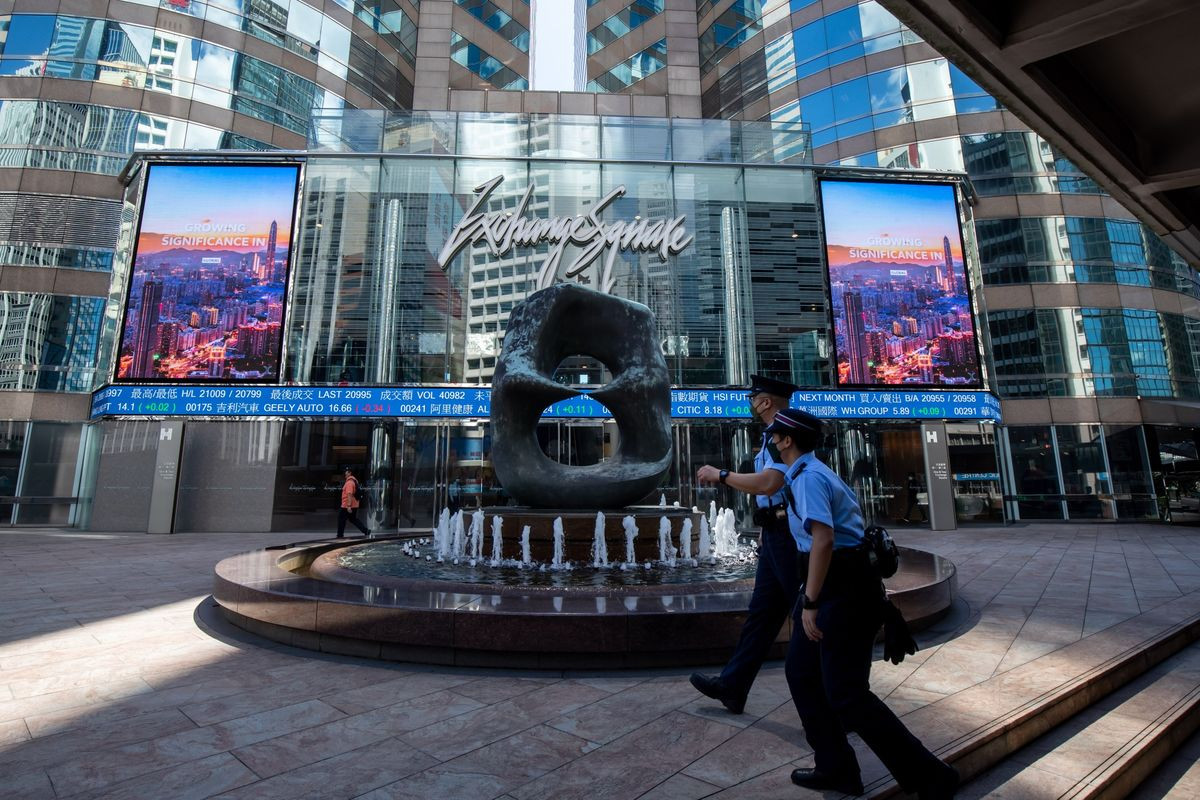
Major Asian indicators were showing gains of up to 1% in closing trading this year. On Friday, Japan's Nikkei 225 was up 0.41%, with the Shenzhen Composite adding slightly more at 0.43%. The Shanghai Composite gained 0.61%, while Australia's S&P/ASX 200 gained a bit more at 0.66%. Hong Kong's Hang Seng Index showed the largest growth as it added 0.94%.
Korean stock exchanges were not trading due to the start of the New Year celebration. However, on Thursday, the KOSPI closed sharply lower (by 1.93%). In December, this indicator fell by 9.2% in total, but during the last quarter of the current year it has added 3.8%. For the whole of this year, the Korean indicator lost 25%, a record decline for the last 14 years.
At the same time, the Japanese Nikkei 225 has also fallen by 9.2% over the past year, its biggest decline in the past four years. In December alone its decline amounted to 6.7%, although in the fourth quarter the index increased by 0.6%.
Among Japanese companies, the biggest growth in value was seen in Mitsubishi Motors, Corp. which rose by 2.2%, Fast Retailing, Co. Ltd., up 1.9%, as well as M3, Inc. which gained 1.8%.
Adastria, Co. gained 17.2% on better outlook for the current fiscal year and more than doubled its net profit in nine months (March to November).
It has been a challenging year for investors. They were concerned about the increasingly tight monetary policies of global central banks. Investors expected the onset of a global economic downturn due to the constant increase in interest rates as a measure to combat rising inflation.
Experts believe that in the coming year, investors will continue to monitor the actions of central banks and assess their impact on the economy, as well as monitor the growth rate of consumer prices.
On the one hand, traders are concerned about the spread of coronavirus in China and the possible supply chain problems associated with it. On the other hand, reports of the Chinese authorities on the intention to ease quarantine restrictions in the country give hope for a rapid recovery of the Chinese economy.
Among Chinese companies, Netease, Inc. (+4%), China Resources Land, Ltd. (+3.2%) and Baidu, Inc. (+2.7%) gained the most.
JD.com (+1.9%), Lenovo Group (+1.7%), Alibaba Group Holding, (+1.6%) as well as Xiaomi (+1.3%) gained slightly less.
The largest Australian companies also showed growth: shares of Woodside Energy Group rose in price by 0.9% and Santos - by 0.7%.





















